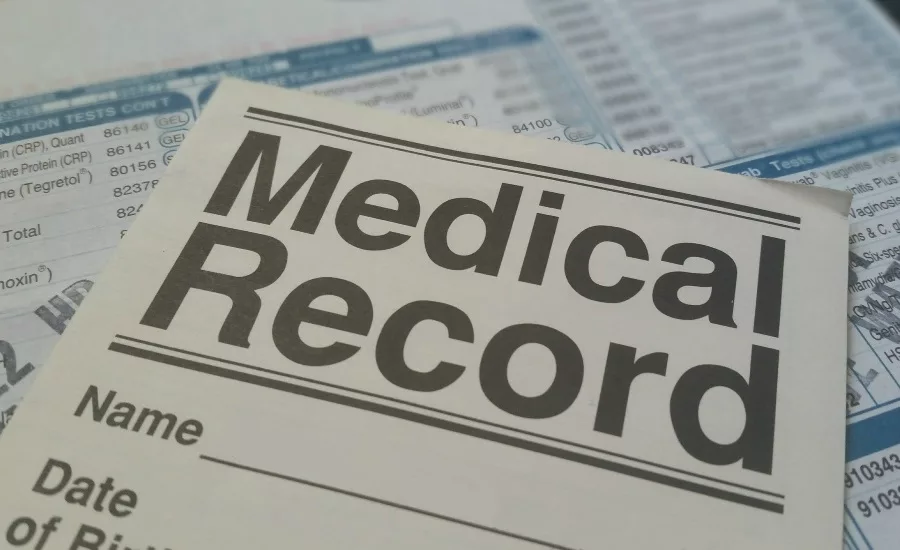NHS England to share sensitive healthcare data with third-party database

As reported by the Financial Times this week, NHS England announced it plans to use medical data from some 55 million patients with third party researchers. The data will include mental and sexual health, abuse and criminal records and more.
Patients can opt out of the plan, but if they do not, their data will be put together into a single database with all GP registered patients in the country available to academic and third parties.
Many privacy and health advocates have criticized the plan, not only for including sensitive information, but for giving the public a short amount of time to opt out.
Ellison Anne Williams, CEO and founder of Privacy Enhancing Technology company Enveil, which is already working with organizations in regulated industries to help protect sensitive data while it's being used or processed gave Security a few comments. She said: “The balance between the public interest and healthcare-related data privacy has been the subject of ongoing debate that has only heightened as the world combats a global pandemic. Finding balance in the use of this sensitive data has typically hinged on the premise that data privacy and data collaboration are mutually exclusive functions.
“There are numerous reasons why the centralized data repositories problematic: violating customer privacy, disregarding data localization requirements, and creating single points of security failure are only a few of the issues. The practical inability to pool or centralize data does not mean there is no way to overcome these challenges and effectively collaborate — it just means we need to find a better path.
“An increasingly visible family of technologies is helping to preserve data privacy throughout the processing lifecycle while securely facilitating collaboration. Privacy Enhancing Technologies (PETs) overcome many of the access, regulatory, and technical barriers that currently restrict global sharing of healthcare-related data by enabling critical parties to securely search data, no matter where it is stored, without disclosing the search's content or jeopardizing the security of the underlying data.
“PETs facilitate secure collaboration while allowing sensitive healthcare data to remain under the control of its respective country, jurisdiction, or organization. This decentralized approach enables optimal secure and private data sharing. For example, healthcare organizations and entities can use PETs to protect and enhance the operational value of their medical supply chain by enabling secure federated queries of inventory and increasing supplier visibility, allowing suppliers to respond more effectively to fluctuating demand and helping to prevent the depletion of essential products.
“The global pandemic has created a new operating environment for many healthcare organizations as they work to quickly innovate and adopt new technologies. While PETs are not new, recent technical breakthroughs have made them ready for use at scale and there is a growing recognition of their value for real-world applications, including opportunities for unlocking better healthcare data analysis and collaboration.”
Looking for a reprint of this article?
From high-res PDFs to custom plaques, order your copy today!






